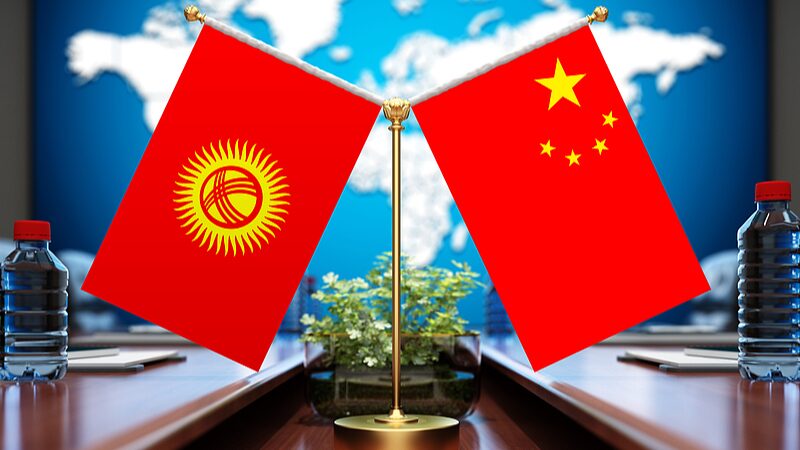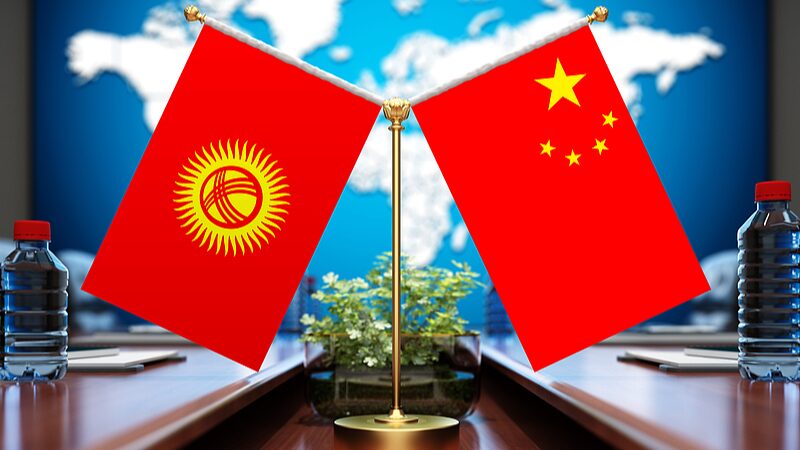In a sharp escalation of economic tensions, U.S. President Donald Trump has announced a 10 percent tariff on Chinese-made goods and a 25 percent tariff on products from Canada and Mexico, set to take effect on February 1. The decision, justified by the accusation that China is facilitating the distribution of fentanyl—a potent synthetic opioid—in Mexico and Canada, has reignited global concerns over the potential fallout of renewed trade wars.
The move signals a hardening of the U.S. administration's trade posture, lumping China together with neighboring countries under the label of \"abuser\" nations. However, China's response, articulated by a Foreign Ministry spokesperson on February 2, underscores the inherent futility of such trade disputes.
\"The U.S. imposed a 10 percent tariff on Chinese exports to the U.S. using the fentanyl issue as an excuse. China is strongly dissatisfied with this and firmly opposes it. We will take necessary countermeasures to firmly safeguard our legitimate rights and interests,\" the spokesperson stated.
China's stance reflects a broader understanding that trade wars yield no winners, especially in an era of deep economic interdependence. The United States and China remain crucial trading partners, and disrupting this balance through tariffs threatens to send shockwaves through global markets. Businesses, consumers, and governments worldwide could face the repercussions of heightened costs and supply chain disruptions.
For American manufacturers relying on Chinese components, the new tariffs mean increased production costs. These expenses are likely to be transferred to consumers, diminishing purchasing power and potentially fueling inflation. Moreover, American businesses could find their access to one of the world's largest consumer markets compromised.
While President Trump advocates for tariffs as a means to address trade imbalances and protect domestic jobs, the broader implications suggest a different outcome. Protectionist policies have the potential to stifle innovation, disrupt established supply chains, and increase costs for both businesses and consumers, undermining economic growth.
Contrastingly, China has positioned itself as a champion of free trade and multilateral cooperation. It actively participates in World Trade Organization affairs and has spearheaded initiatives like the Regional Comprehensive Economic Partnership—the world's largest free trade agreement, which came into effect in January 2022.
The repercussions of the tariff threats extend beyond U.S.-China relations. Canada and Mexico, two of America's top trading partners, have expressed readiness to retaliate. Canadian Prime Minister Justin Trudeau warned of counter-tariffs \"worth billions of dollars,\" while Mexico emphasized its commitment to protecting its national interests. Similarly, the European Union, which President Trump accused of treating the U.S. \"very, very badly,\" is unlikely to remain passive in the face of protectionist measures.
As global economies brace for potential turbulence, the unfolding situation serves as a stark reminder of the intricate interconnectedness of international trade. In an increasingly globalized world, unilateral moves can trigger widespread consequences, underscoring the importance of dialogue and cooperation in resolving trade disputes.
Reference(s):
cgtn.com




